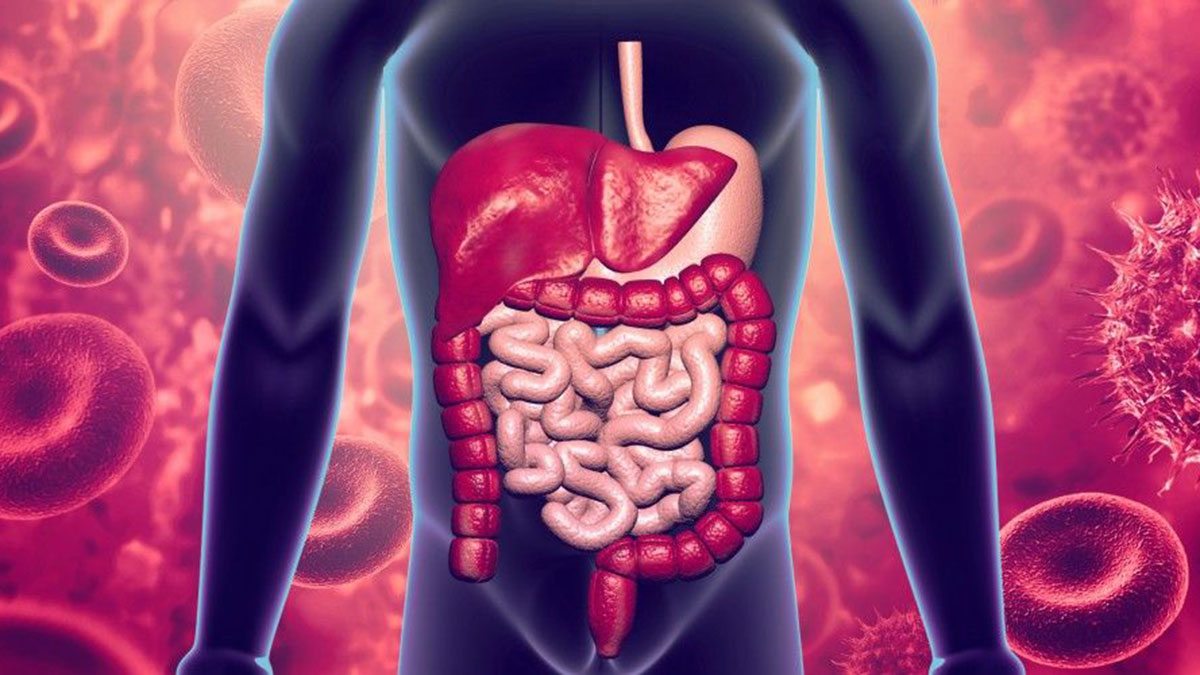A potential trigger for chronic inflammatory bowel diseases (IBD) such as Crohn’s disease or ulcerative colitis has been identified by researchers at the MedUni Vienna. The cause of these diseases is currently unknown, so treatment is focused on managing symptoms. The research team found that changes in the brush border of intestinal epithelial cells may be associated with the development of IBD, providing a new avenue for therapeutic measures.
The study, published in EMBO Reports, conducted experiments led by Bernadette Mödl and Robert Eferl from MedUni Vienna’s Center for Cancer Research and the Comprehensive Cancer Center. They discovered that the brush border, consisting of dense finger-shaped protrusions called microvilli, plays a role in IBD. These microvilli are connected by a protein complex called intermicrovillar adhesion complex (IMAC), which ensures the organized structure of the brush border. Previous research had shown that individuals with IBD have reduced levels of a specific protein from IMAC called CDHR5.
To investigate further, the research team created a mouse model in which CDHR5 was missing. Electron microscopy revealed that the microvilli in the brush border of these mice appeared shortened and disorganized. However, this on its own did not lead to the invasion of harmful bacteria and the development of intestinal infection. IBD only developed when the protective mucus layer over the intestinal epithelial cells became permeable during the experiment.
The combination of reduced or missing IMAC protein and an organizational deficit in the brush border, along with the permeability of the mucus layer, were found to be possible triggers for chronic inflammatory bowel diseases, according to study leader Robert Eferl. These findings suggest that substances that enhance the production of IMAC proteins in intestinal epithelial cells could potentially be used as a therapeutic approach for IBD.
The study’s results also shed light on the connection between unhealthy, high-fat diets and the development of IBD. The researchers found that this type of diet increases the permeability of the mucus layer in the brush border of intestinal epithelial cells. This would be particularly problematic for individuals with a family history of low CDHR5 production.
In conclusion, this research provides a promising lead for understanding the development of chronic inflammatory bowel diseases. By targeting the production of IMAC proteins, potential causal therapies for IBD could be developed. Additionally, the study’s findings emphasize the link between diet and IBD development, suggesting that dietary modifications may support disease management. Further research is needed to fully understand the mechanisms involved and to develop effective and targeted treatments for these challenging illnesses.
*Note:
1. Source: Coherent Market Insights, Public sources, Desk research
2. We have leveraged AI tools to mine information and compile it



